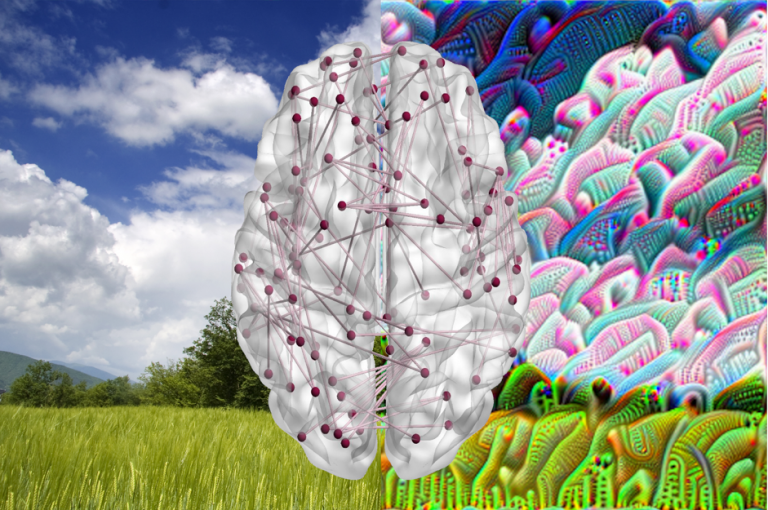VIRTUAL EVENT: Finding the Network Balance in Parkinson's Disease Hallucinations
26 January 2021, 1:00 pm–2:00 pm

The lecture will explain how looking at the brain as a network can help us better understand the development of hallucinations.
This event is free.
Event Information
Open to
- All
Availability
- Yes
Cost
- Free
Organiser
-
Sanaa Al-Busaidy
About the lecture:
Visual hallucinations, the sensation of seeing objects that are not really there, are common in Parkinson’s disease, occurring in 40-70% of affected individuals. They are often distressing and are associated with worse quality of life and higher carer burden and are the single best predictor of nursing home placement. But despite their impact, the mechanisms leading to visual hallucinations are not understood and there are currently no effective treatments.
This lecture will explain how looking at the brain as a network, rather than separate regions, can help us better understand how changes in brain structure and wiring that are seen in the brains of people with Parkinson’s disease affect brain function and lead to the development of hallucinations.
About the Speaker
Dr Angelika Zarkali
Specialist Registrar in Neurology at UCL
Dr Angelika Zarkali is a specialist registrar in neurology with an interest in cognitive neurology and movement disorders. After gaining clinical experience at UCLH, East Kent and St George's hospitals, she joined the Dementia Research Centre at UCL, funded by an Alzheimer's Research UK Fellowship and supervised by Dr Rimona Weil and Professor Geraint Rees. Her research aims to shed light on the neural correlates of visual hallucinations in Parkinson's disease. Specifically, she is using visual stimuli and multimodal neuroimaging to clarify the changes in computational and structural brain networks that underly visual hallucinations in Parkinson’s disease.
 Close
Close

